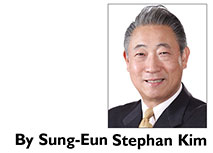 Many multinational companies doing business in Korea perceive the country’s labour law as strict and heavily favouring workers. The Labour Standards Act of Korea (LSA) nullifies “at-will” employment (which in some foreign jurisdictions allows both employers and the employees to terminate employment upon notice). Under LSA, ‘regular’ workers (employees who have been employed for more than two years) may be terminated for ‘just cause’ regardless of the duration of employment stated in the employment agreement and are entitled to have their employment continue indefinitely. And what constitutes ‘just cause’ has such a high bar that it is often difficult to terminate employees. Poor work performance alone generally does not constitute ‘just cause’, and even minor criminal violations may not be deemed ‘just cause’ for dismissal.A director (an officer of a corporation) or a representative director (a CEO) of a Korean corporation is regarded as an employer and does not benefit from the LSA’s protective stance on workers. However, several Supreme Court cases have ruled that in some situations, those directors whose names appear in the official corporate registry may still be deemed employees (workers) for whom the LSA provides protection (cannot be terminated without just cause) and statutory severance benefits. Directors of a corporation generally serve for the term stated in the articles of incorporation of the corporation and do not ordinarily receive the statutory severance payment. Instead of an employment agreement, they may enter into a “service” contract with the company. For multinational companies problems generally arise when the companies try to terminate highly-paid key employees. Often, many of these employees are not registered as directors in the relevant corporate registry, but instead carry the title of a company executive (e.g. Managing Director, Director of Fixed Income Division, or Vice President of HR) and the level of compensation is significantly higher than those of their counterparts in Korea’s large corporations. They generally have an employment agreement or a service agreement. However, even those who are registered as directors in the corporate registry may be deemed workers (i.e. employees) if they do not have the authority to direct or manage the companies as ordinary directors would under the relevant Korean commercial code, and receive detailed supervision from the overseas management. A 2009 Supreme Court case held that even a CEO whose name is registered in the corporate registry may be deemed a worker if: he does not have the actual authority to carry out internal company business on his own; the execution of external business is done in his name as the nominal holder of the office of representative director often without his direct involvement; where another person with the actual managing authority exists and the representative director merely provides labour under the detailed and personal direction and supervision of another person with the actual managing authority; and his remuneration is not based on the result of his management or business performance but for the rendition of his labour (personal service). The form of the agreement, the person’s title, the size of compensation and the relative position in the company are not determinative. The fact that the person is registered as a director in the company registry is also not determinative, although without more, there is a rebuttable presumption that the registered director is a non-worker. In essence it is the substance of the person’s work arrangement that governs. A seemingly contrary decision was rendered in June 2015 by a High Court in Seoul. The case involved a former non-registered director who demanded severance pay for the years he served as a non-registered director of the failed Tongyang Group. The High Court concluded that he was not a worker under the LSA based on the finding that although he was a non-registered director, he carried the title of Senior Managing Director, was formerly a registered director, had the authority and the power to execute specific matters delegated to him by the company without anyone’s supervision or direction, was not subject to company rules on employment, had not received overtime pay, was provided with a company chauffeur, golf club membership, entertainment allowance, and received compensation equivalent to a comparable registered director with the same title. The High Court decision did not alter the Supreme Court’s approach in looking at the substance of a person’s work arrangement for determining whether a person is a worker. But it is significant that the High Court held that the non-registration of a person as a director in the corporate registry does not automatically render him or her a worker; it is only a rebuttable presumption that may be overcome by the substance of the work arrangement. Although the Supreme Court has not yet ruled on this case, it appears a key unregistered employee having the authority of a director with comparable compensation may be deemed a non-worker, and not entitled to the protections of the LSA. |
Lee International IP & Law Group
Poongsan Bldg. 23 Chungjeongro
Seodaemun-gu, Seoul 03707, Korea
Tel: 82 2 2262 6059
Fax: 82 2 2273 4605
Email: sekim@leeinternational.com
Website: www.leeinternational.com



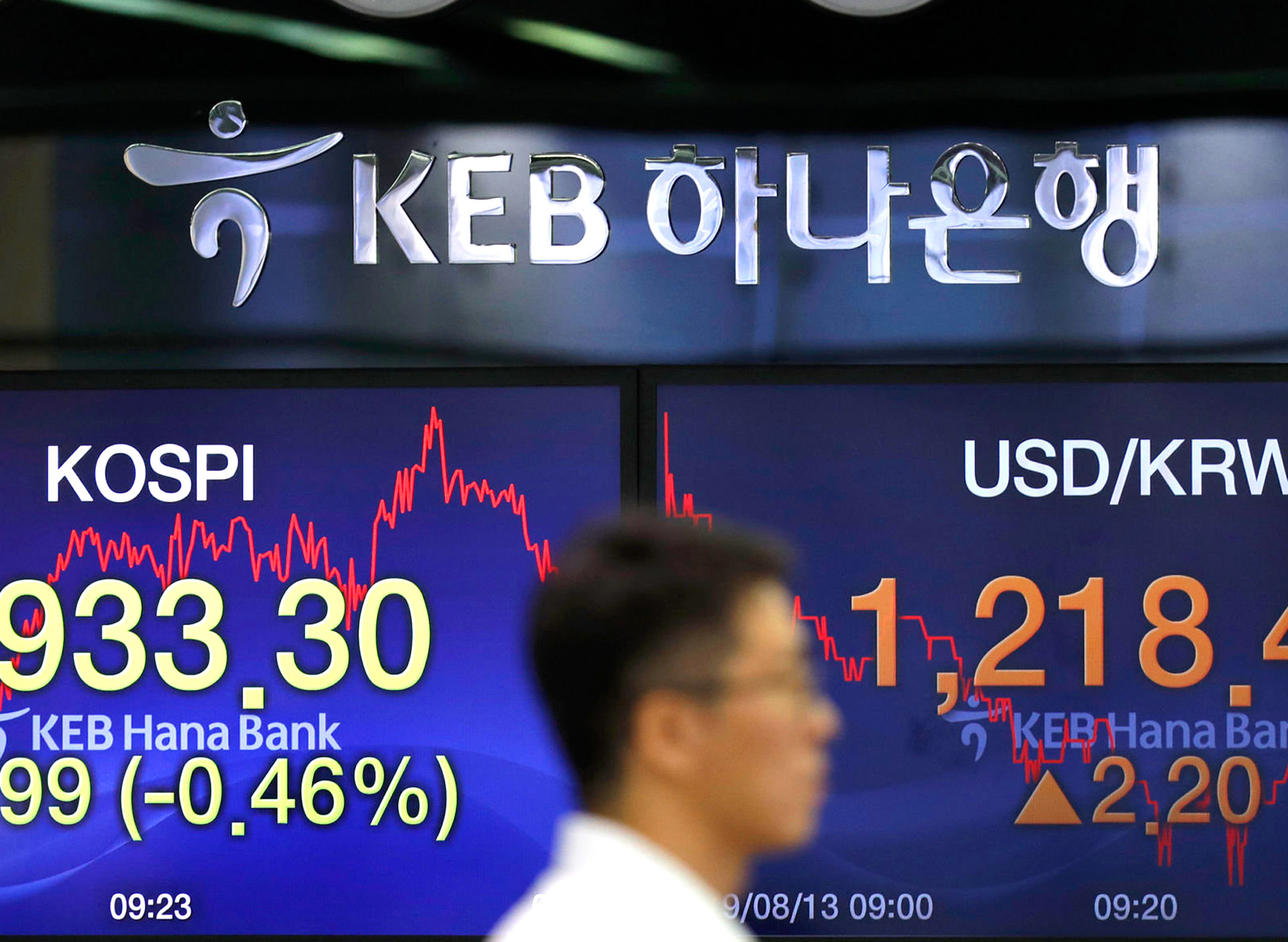







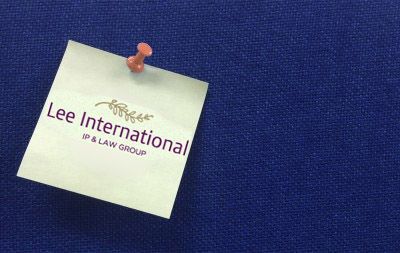
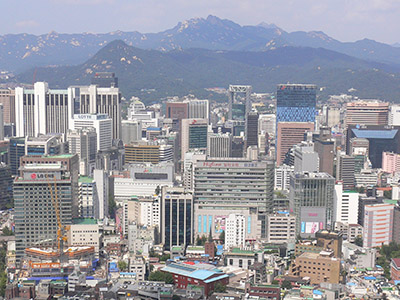



















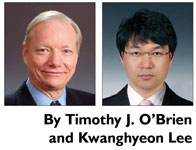









 Nicholas H. Park
Nicholas H. Park







